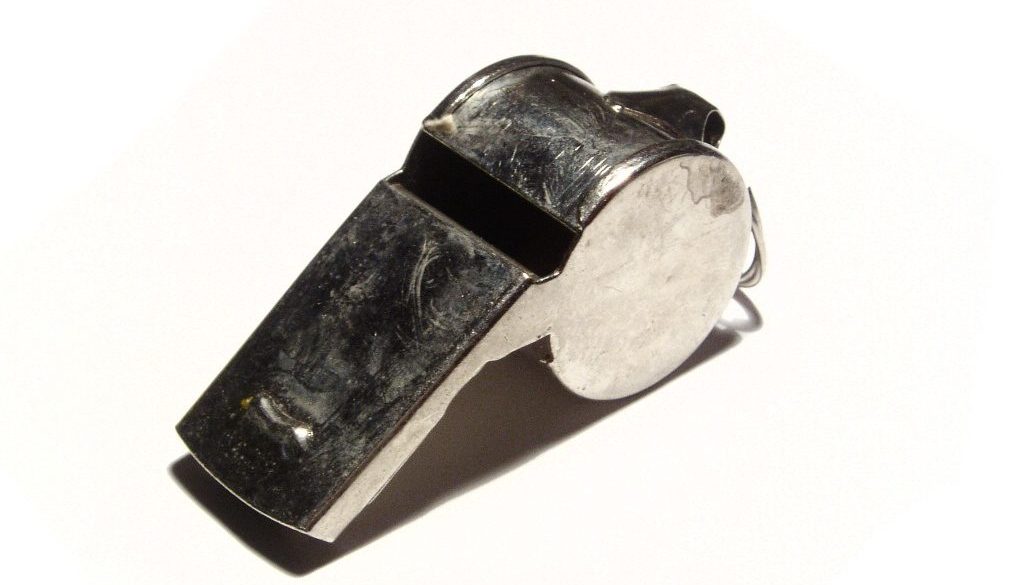SEC Secures Another Win for Whistleblower Rights
By Neil Gordon, Project on Government Oversight
The Securities and Exchange Commission (SEC) has announced that health insurance company Health Net will pay $340,000 for using severance agreements to undercut employees’ whistleblower rights. This is welcome news for POGO and other groups who work for greater whistleblower protections.
Between 2011 and 2015, departing Health Net employees, as a condition for receiving severance payments and other post-employment benefits, were required to waive their right to collect monetary awards for reporting misconduct. Health Net agreed to pay the fine without admitting or denying the SEC’s findings, which are set out in a cease-and-desist order.
Whistleblowers who help the government recover money are normally awarded a share of the recovery. In the SEC’s whistleblower program, for example, the share ranges from 10 to 30 percent.
“Financial incentives in the form of whistleblower awards, as Congress recognized, are integral to promoting whistleblowing,” SEC official Antonia Chion said in the announcement.
Health Net is a major federal contractor, winning about $3 billion in government business every year. The company also has 25 resolved instances of misconduct since 1995, for which it has paid $692 million in fines, penalties, and settlements. Its largest payout occurred in 2007 when it agreed to a $255 million settlement of class action litigation alleging underpayment of health insurance claims.
Clearly, with so much taxpayer money at stake, the importance of whistleblowing at a company with a track record like Health Net’s cannot be overstated.
This was the second time in less than a week that the SEC smacked down a corporation for anti-whistleblower practices. Six days earlier, the SEC announced it had fined building products distributor BlueLinx Holdings $265,000 for also using severance agreements to take away the financial incentive for reporting wrongdoing.
Severance agreements aren’t the only whistleblower suppression tactic on the SEC’s radar. It has also been rigorously scrutinizing corporate confidentiality and non-disclosure agreements. The most famous example of this involved another large federal contractor, KBR, which agreed to pay a $130,000 penalty last year to settle SEC charges of using an improperly restrictive confidentiality agreement. That agreement required KBR employees to obtain company permission before reporting evidence of possible misconduct to outside parties.
In both the Health Net and KBR cases, the SEC found no instances of the companies enforcing the illegal provisions or otherwise preventing employees or former employees who signed the agreements from exercising their whistleblower rights. Nevertheless, the SEC followed the right course of action by imposing punishment, which not only included a fine, but also an order for both companies to eliminate the illegal language from their agreements and to shore up their commitment to whistleblower rights.

